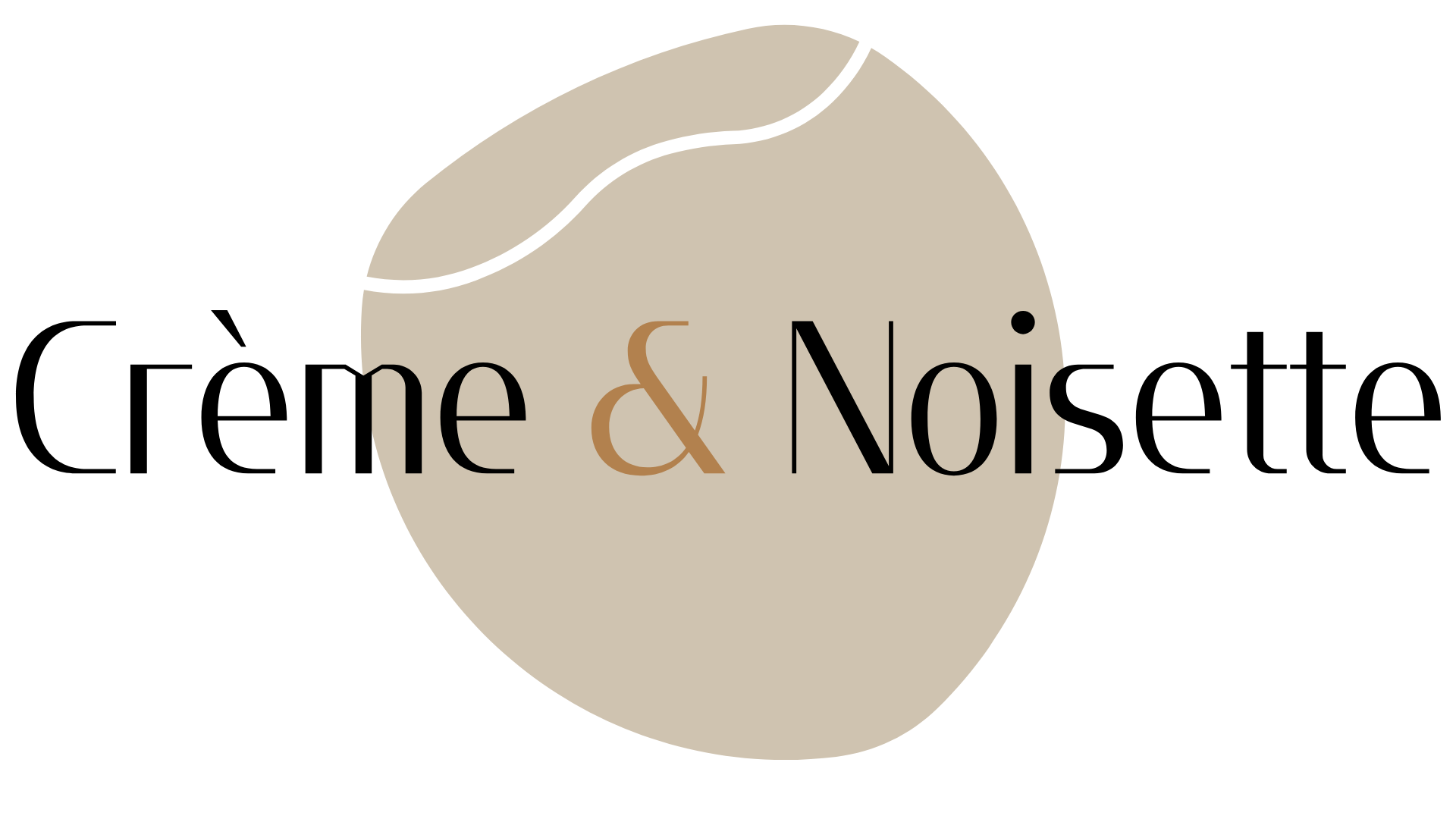White sugar is a common food in modern diets. It is found in many processed foods, such as soda, candy, cookies, breakfast cereals, and flavored yogurts.
White sugar is a type of simple sugar, also known as sucrose. It is composed of two glucose molecules and one fructose molecule.
White sugar is a source of empty calories, meaning it does not contain essential nutrients. It is also quickly absorbed by the body, which can cause blood sugar levels to rise quickly.
The negative effects of white sugar on health
Excessive consumption of white sugar can have negative health effects, including:
-
Obesity : White sugar is a significant risk factor for obesity. A study showed that people who consume more sugar are more likely to become obese.
-
Insulin resistance : Occurs when cells become less sensitive to insulin. This means that glucose has a harder time entering cells, causing blood sugar levels to rise.
-
Type 2 diabetes : White sugar may increase the risk of type 2 diabetes. A study showed that people who consume more sugar have a greater chance of developing type 2 diabetes.
-
Cardiovascular illnesses : White sugar may increase the risk of cardiovascular diseases, such as strokes and heart attacks. A study showed that people who consume more sugar have a greater chance of developing cardiovascular disease.
-
Cancer : White sugar may increase the risk of certain types of cancer, such as breast cancer, colon cancer, and pancreatic cancer. A study showed that people who eat more sugar have a higher chance of developing certain types of cancer.
-
Dental problems : White sugar promotes the formation of cavities. A study showed that people who consume more sugar are more likely to develop cavities.
-
Skin problems : White sugar can worsen skin problems, such as acne and eczema. A study showed that people who consume more sugar are more likely to develop skin problems.
-
Addiction : White sugar can be addictive. One study showed that white sugar can cause a release of dopamine in the brain, which can lead to addiction.
How to reduce your sugar intake
To reduce your sugar intake, it is important to read food labels and choose foods that contain little or no added sugar. It is also important to limit your consumption of sugary drinks, such as sodas, fruit juices and energy drinks.
Here are some tips for reducing your sugar consumption :
-
Choose fresh fruits and vegetables rather than processed foods. Fresh fruits and vegetables contain natural sugars, but they are also rich in essential nutrients.
-
Read food labels and choose foods that contain little or no added sugar. Added sugar is often hidden under names like sucrose, high fructose corn syrup, glucose-fructose syrup, dextrose, and maltose.
-
Limit your consumption of sugary drinks. Sugary drinks are a significant source of added sugar in the diet.
-
Watch out for hidden sugars. Sugar is present in many foods and drinks, even those you might not suspect. For example, cheese, sauces and salad dressings may contain added sugar.
Conclusion
White sugar is a food to consume in moderation. Excessive consumption of white sugar can lead to negative health effects, including obesity, type 2 diabetes, cardiovascular disease, cancer, dental problems, skin problems and addiction.



